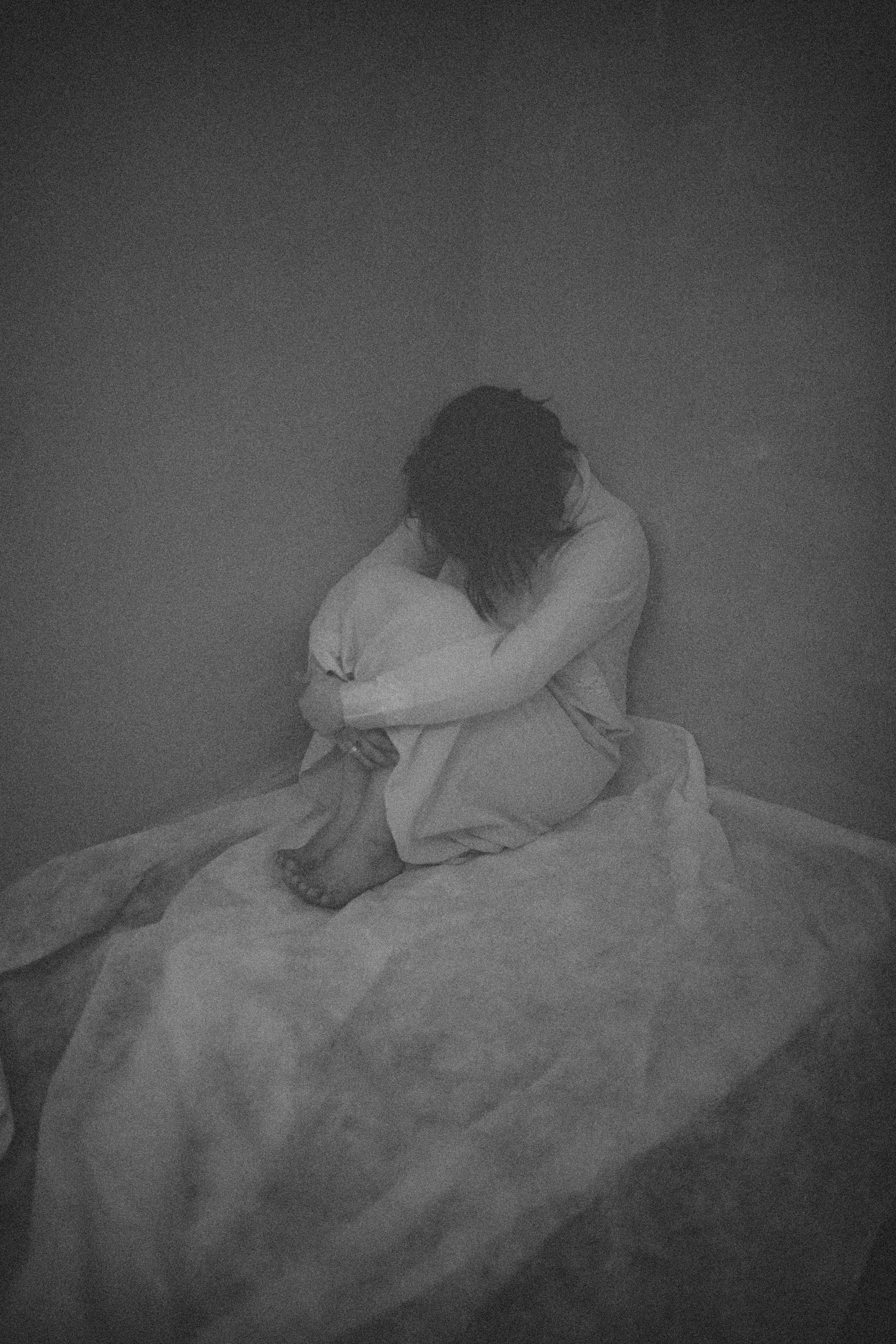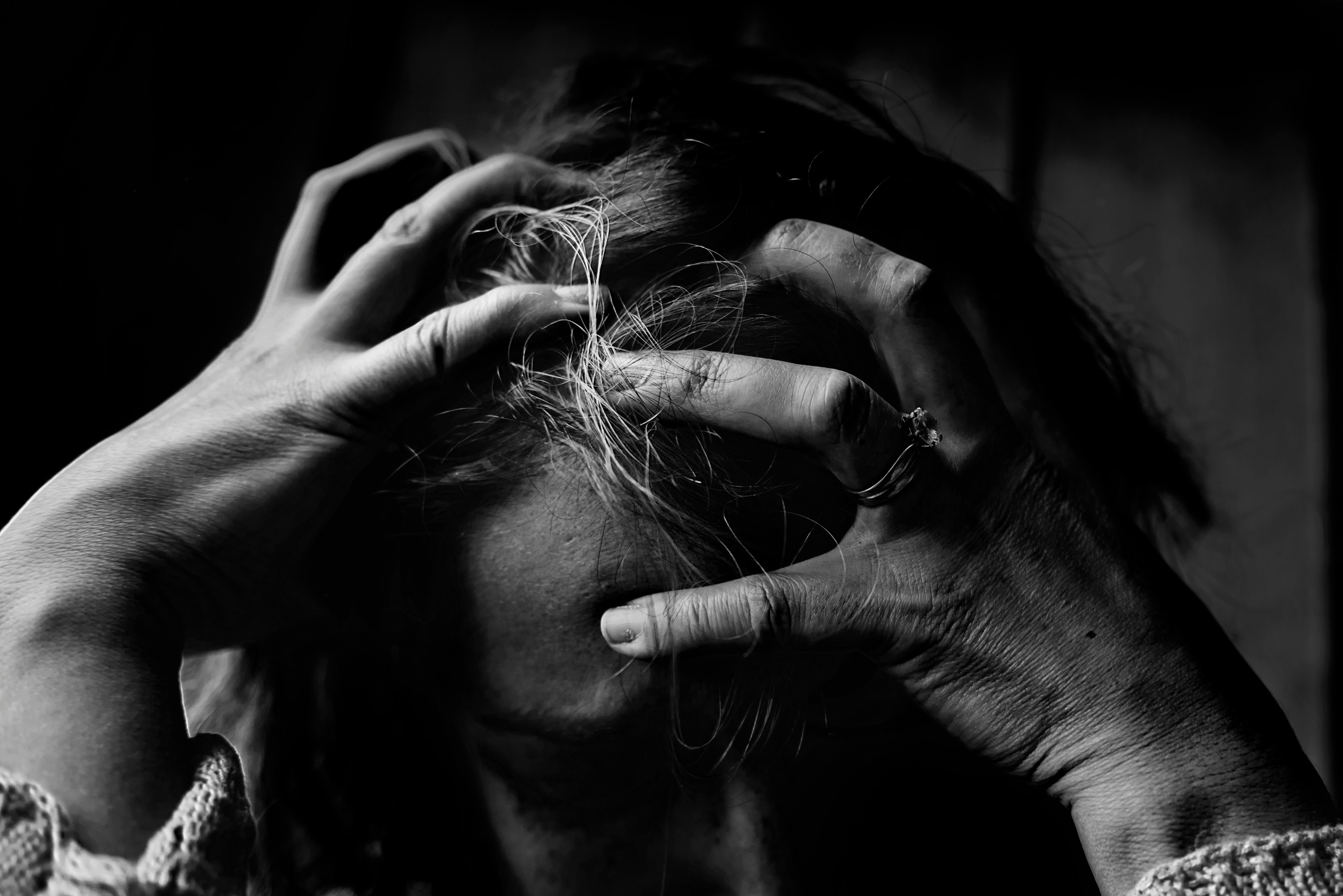9 Common Depression Episodes |Mental Disorders
9 COMMON DEPRESSION EPISODES
Depression likewise called a significant burdensome issue, is described by times of low state of mind called burdensome scenes. A burdensome scene goes on for somewhere around fourteen days and can go for quite a long time or months as long as a year at a time. It is generally set off by at least one of the accompanying components:
- MISERY AND LOSS
Misery and misfortune – known as deprivation – are critical situational triggers of discouragement. In any case, determination might be precarious on the grounds that the indications may simply be taken similar to an ordinary response to misfortune.
Dealing with melancholy is an individual encounter. Distress can show itself in physical and mental indications, for example,
- A depressed state of mind and full sadness
- Anxiety
- Anger
- High pulse and pulse
- High-stress chemical levels
- Sleep aggravations
- Immune framework changes
- Substance use
At the point when misery becomes drawn out or serious it is known as confounded anguish or delayed melancholy problem. Misery can turn out to be especially convoluted in case it is joined by rumination.
It tends to be hard to tell when the typical bitterness of sorrow goes too far to gloom. Individuals who are lamenting ought to talk about the issue with their doctor, especially in case they are experiencing issues adapting.
- REJECTION:
Individuals have an intrinsic requirement for endorsement, confirmation, and acknowledgment from others. Dismissal and social rejection can be extremely distressing for individuals and have been related to low confidence. Certain individuals are particularly touchy to social dismissal and have a high dismissal affectability (RS). An individual's degree of RS relies upon their hereditary qualities and their related involvements throughout everyday life.
Individuals with a high RS are more touchy to meaningful gestures and get on the littlest trace of dismissal. They react strongly to any clues recognized. Any apparent disappointment in being acknowledged causes uneasiness. With saw rehashed disappointments, at last, friendly withdrawal and wretchedness results.
Indeed, even individuals without a high RS can make a decent attempt to acquire others' endorsement, and feel down in the wake of being dismissed. Outrage and hostility are normal dismissal responses too. This reaction is particularly obvious when dismissal includes an adoration interest.
On the other hand, gloom itself causes a raised RS, since individuals with sadness will in general feel lower confidence and are in this manner more touchy to dismissal. Their negative gloom side effects (like discouraged state of mind, absence of energy, social detachment, and loss of interest in exercises) may make them bound to be dismissed socially. The far-reaching shame against sorrow and other psychological well-being issues might amplify the probability of dismissal.
A singular's RS isn't really fixed at a specific level. Guiding may assist with treating melancholy and forestall backslide.
- STRESS
Mental pressure is a significant reason for despondency due to its actual impacts on the body and mind. Specifically, stress causes hormonal changes that are available in around 70% of discouraged individuals. The nerve center, pituitary, and adrenal organs are disturbed from their ordinary guideline of disposition and feeling.
Stress delivers the pressure chemical cortical, which brings about actual changes to synapses. Stress can even bring about changes to the size of the hippocampus, the piece of the cerebrum that is known to be decreased in discouraged individuals.
Mental pressure additionally enacts the safe framework, including the arrival of invulnerable framework synthetics (cytokines) that are related to discouragement. These insusceptible synthetics are dynamic in mind tissue, including the hippocampus, which clarifies their part in creating side effects of psychological instability.
- ILLNESS
Ailments might add to up to 10-15% of all instances of misery. This relationship can happen on the grounds that:
- The disease itself might be disastrous, and getting the determination can be horrendous (e.g., malignant growth, HIV contamination, Multiple Sclerosis)
- The disease might cause burdensome side effects (e.g., hypothyroidism, nutrient B12 inadequacy, mononucleosis)
- The sickness might have an inborn relationship with misery (e.g., Parkinson's infection, erectile brokenness, coronary episode)
- The prescriptions used to treat the sickness might cause sadness (e.g., some heart meds, chemicals, certain anti-toxins)
There is a complementary connection between disease and discouragement. Numerous ailments or their medicines can cause sadness, and discouragement is known to slow recuperation and cause a higher danger of death in numerous diseases. On account of a constant or terminal ailment, co-happening wretchedness can amplify the experience welcomed on by the actual ailment.
Doctors should make their patients mindful of a specific sickness or medicine that can cause sorrow and should look for this incidental effect. Moreover, individuals who are sick ought to know about this normal and incapacitating impact of ailment.
- ABSENCE OF SLEEP
Rest has a complementary relationship with wretchedness. Above all else, rest changes are a center indication of gloom. An individual has either expanded or diminished rest. Around 75% of discouraged individuals have a sleeping disorder, and around 40% rest unreasonably (hypersomnia), with bunches of cross-over. Rest issues are a portion of the significant reasons that individuals look for help for their downturn.
Alternately, an absence of rest is a known trigger for wretchedness. A sleeping disorder builds the danger of creating despondency by multiple times. A clinical preliminary in grown-up twins showed that a rest span of five hours or fewer copies the frequency of wretchedness. Since these were twins, the hereditary inclination for sadness was not a factor.
One more enormous review with young people showed that a rest length of six hours or less each night builds the danger of gloom by 25% to 38%. Creating sadness can cause rest unsettling influences, so an endless loop can follow. Young people appear to be particularly inclined to lack sleep, normally deliberate.
Addressing rest issues has all the earmarks of being a compelling way of forestalling despondency, just as treating wretchedness and forestall backslide. Likewise, given the relationship between rest issues and self-destruction hazard, tending to rest indications in discouraged individuals is particularly significant.
- RUMINATION
Rumination is the distress that has gained out of influence. The ruminating individual harps on the sorrow instead of attempting to embrace and manage it strongly. The sorrow and torment become a fixation that meddles with typical life capacities.
Individuals who ruminate stall out on musings like, "For what reason did this happen to me," and, "How horrible is this?" They become involved with self-centeredness and misrepresent the negative. They may likewise blow up with other people who are taking care of their sadness in better ways.
It isn't shocking that rumination has been distinguished as a significant trigger for sadness. It can cause despondency, decline, and drag out existing wretchedness, and it is a danger factor for self-destructive ideation. On the other hand, the hindered enthusiastic guideline that is trademarked in discouraged individuals can lead them to ruminate.
Encountering melancholy is a typical piece of life, however many individuals are ineffectively prepared for dealing with it, particularly in case, it is another experience for them. Their assumptions for sorrow might be unreasonable.
Analysts found that expectation — inner certainty and inspiration to succeed — is the remedy for rumination. Individuals with high expectations have better self-adequacy and an emphasis on forging ahead with life regardless of the misfortune that they are lamenting, as opposed to ruminating. Individuals who are ruminating ought to get sorrow guiding.
- CASH PROBLEMS
Monetary issues can cause wretchedness in more ways than one. A review that followed 35,000 Americans to concentrate on the impacts of cash on psychological wellness tracked down that low family pay is related to an expanded danger of emotional well-being messes, particularly wretchedness. The investigation discovered that a drop in pay builds the danger of sadness.
Extra exploration tracked down that monetary troubles and monetary pressure are related to misery, which seems to deteriorate monetary challenges, starting an endless loop. Individuals encountering monetary challenges, like drops in pay or monetary misfortune, ought to consider measures to work on their capacity to adapt to the pressure related to these changes.
- LIFE TRANSITIONS
Life changes, even certain ones, can effectively affect an individual's mindset. Individuals are animals of propensity, so even certain life changes can remove them from their usual range of familiarity and cause pressure.
For instance, a task advancement can include leaving a natural and agreeable occupation for one that is new and troublesome. The new position can include leaving behind natural individuals and being encircled by outsiders. It might likewise be more upsetting and include a lofty expectation to learn and adapt. The aggregate impact is the pressure that might encourage sadness, notwithstanding the positive occasion of getting advanced.
In the event that the existence progress is a negative one, for example, losing employment or getting separated, then, at that point, the pressure and burdensome impacts will be significant, even more, a shock. There is a subtype of sadness called change issue, where the individual creates burdensome manifestations or even full gloom after life changes.
Individuals ought to expect the stressors of life changes and be ready for them. The individuals who are experiencing issues adapting ought to consider connecting with their emotionally supportive network and in any event, advising. They ought to likewise be careful in searching for side effects of sorrow that might follow these life changes.
- SUBSTANCE USE
Substance use and sadness are firmly related. Large numbers of the psychological and actual changes found in gloom and enslavement are comparative. They likewise share many danger factors, have covering indications and each can cause or trigger the other.
Late disclosures uncovered that medication and liquor misuse can cause actual changes in the associations between the synapses so new pathways are shaped that help fixation.
Many individuals use substances as a way to self-sedate their emotional wellness manifestations. By and large, individuals aren't even mindful that they have a treatable psychological well-being issue and have been living with their side effects for such a long time that they expect that it is simply normal.
At the point when substance use and sadness (or other emotional wellness problems) happen simultaneously, it is alluded to as co-morbidity. At the point when co-morbidity happens, it is urgent to treat the two conditions simultaneously. Attempting to treat wretchedness within the sight of dynamic substance use is troublesome. Moreover, attempting to treat compulsion within the sight of untreated gloom enormously brings down the likelihood of coming out on top.


Comments
Post a Comment